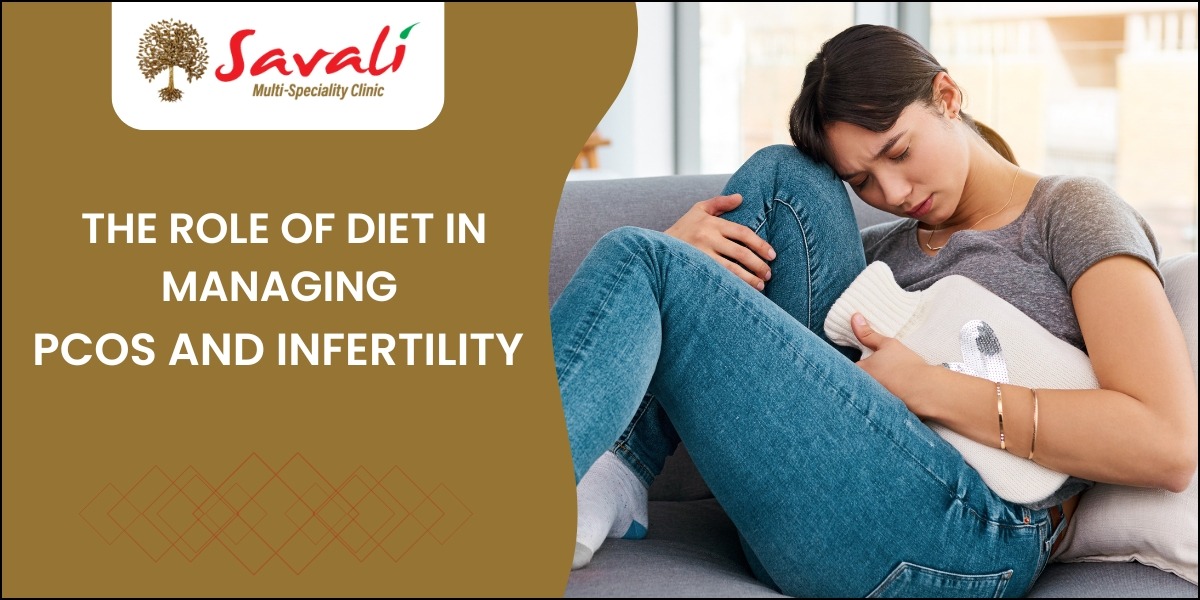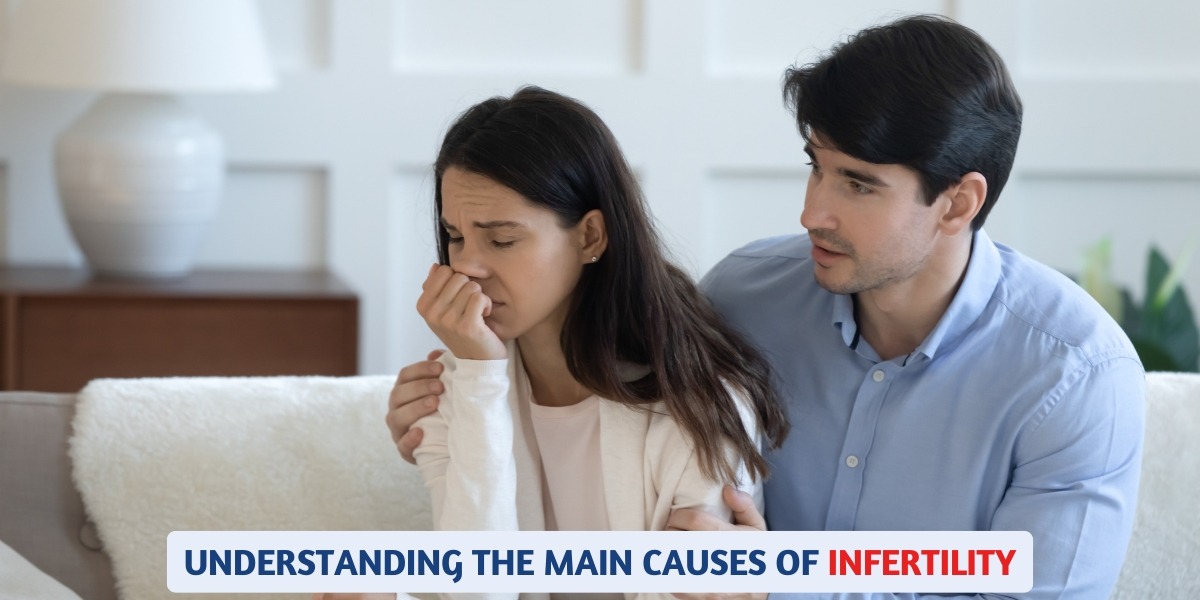The journey to parenthood is a deeply personal one, but it’s not always straightforward. For many couples, the path is marked by fertility challenges that can feel overwhelming. Understanding the key factors that influence conception is the first step toward finding solutions.
The Unavoidable Factor: Age
A woman’s age is one of the most significant factors affecting her fertility. Women are born with all the eggs they will ever have, and this supply decreases in both quantity and quality over time.
-
Peak Fertility: A woman’s fertility is highest in her late teens to late 20s.
-
Gradual Decline: A noticeable decline begins after age 30.
-
Rapid Decline: After age 35, the decline accelerates, making conception more difficult and increasing the risk of miscarriage and chromosomal abnormalities.
While male fertility also declines with age, the change is more gradual, typically starting around age 40 to 45.
Lifestyle Choices: The Factors You Can Control
Your daily habits play a crucial role in your reproductive health. Positive changes can significantly improve your chances of conception.
-
Weight: Being significantly underweight or overweight can disrupt hormonal balance and ovulation in women and reduce sperm quality in men.
-
Smoking & Alcohol: Tobacco and excessive alcohol consumption are detrimental to both female and male fertility, damaging eggs, sperm, and reproductive organs.
-
Stress: High levels of stress can interfere with the hormones needed for ovulation and can also reduce sexual desire.
-
Diet & Exercise: A balanced diet rich in antioxidants and maintaining a moderate exercise routine can create a healthier environment for conception.
Underlying Health Conditions
Certain medical conditions can create roadblocks on the path to pregnancy.
-
For Women: Conditions like Polycystic Ovary Syndrome (PCOS), endometriosis, blocked fallopian tubes, and thyroid disorders can prevent ovulation or implantation.
-
For Men: Issues like low sperm count, poor sperm motility, or abnormal sperm morphology are common causes of infertility. Varicoceles (enlarged veins in the scrotum) can also impact sperm health.
Taking the Next Step with Expert Care
If you have been trying to conceive for over a year (or six months if you’re over 35), it may be time to consult a specialist. A comprehensive evaluation can identify the root cause of your fertility challenges.
At Savali Multispeciality Clinic, Dr. Amol Zhipare provides compassionate and personalized care. As an experienced gynecologist in Hadapsar, he offers thorough diagnostics for both partners and creates tailored treatment plans, from lifestyle guidance to advanced reproductive techniques. Don’t navigate this journey alone—seek the expert guidance you deserve.
Frequently Asked Questions (FAQs)
1. At what age does a woman’s fertility start to decline?
A woman’s fertility gradually begins to decline after age 30, with a more rapid decline occurring after age 35.
2. Can lifestyle changes really improve fertility?
Yes, positive lifestyle changes like maintaining a healthy weight, quitting smoking, reducing alcohol, and managing stress can significantly improve fertility in both men and women.
3. What are the most common signs of infertility in women?
Common signs include irregular or absent menstrual periods, very painful periods, and recurrent miscarriages. However, many causes of infertility have no obvious symptoms.
4. How long should we try to conceive before seeing a doctor?
It is recommended to see a fertility specialist if you are under 35 and have not conceived after one year of trying, or after six months if you are 35 or older.



